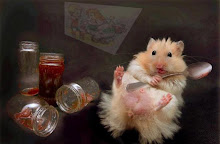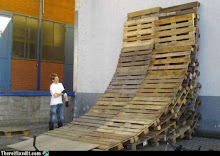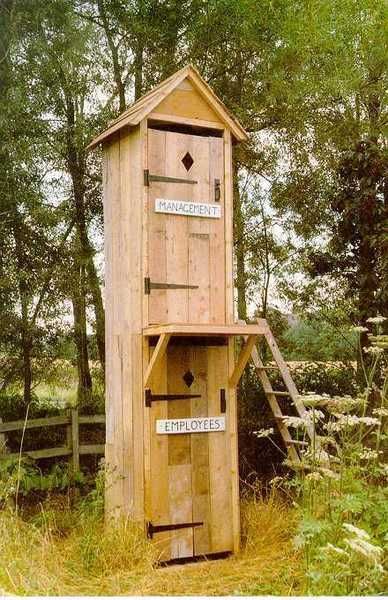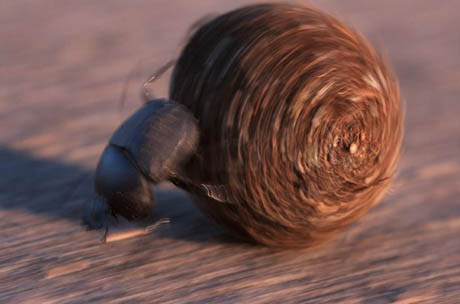According to wikipedia A limerick is a five-line poem in anapestic or amphibrachic meter with a strict rhyme scheme (aabba), which intends to be witty or humorous and sometimes a bit risque. The standard form of a limerick is a stanza of five lines, with the first, second and fifth usually rhyming with one another and having three feet of three syllables each; and the shorter third and fourth lines also rhyming with each other, but having only two feet of three syllables. The defining "foot" of a limerick's meter is usually the anapaest, (ta-ta-TUM), but limericks can also be considered amphibrachic (ta-TUM-ta).
The first line traditionally introduces a person and a place, with the place appearing at the end of the first line and establishing the rhyme scheme for the second and fifth lines.
You too can write a limerick! I challenge anyone to write your own limerick in the COMMENT Section below, just for fun. Just Click on the Comment section and submit your own completed limerick. Remember, 1st, second and 5th lines rhyme, and the third & fourth rhyme with each other. Don't forget to sign it as your own! Let's see how many variations we can get. Please refrain from submission f you have a tendency to be quite nasty .....
See My Own Limerick Below as an Example:
Recycle and Motivation
-
Recycle Love, Rekindle Faith, Move in Purpose to Motivate. Cheryl E
Gordon 1/10/10
Author, Cheryl E Gordon~ Origin Rights Reserved






+8-13-2010+3-22-21+PM.com4).jpg)








